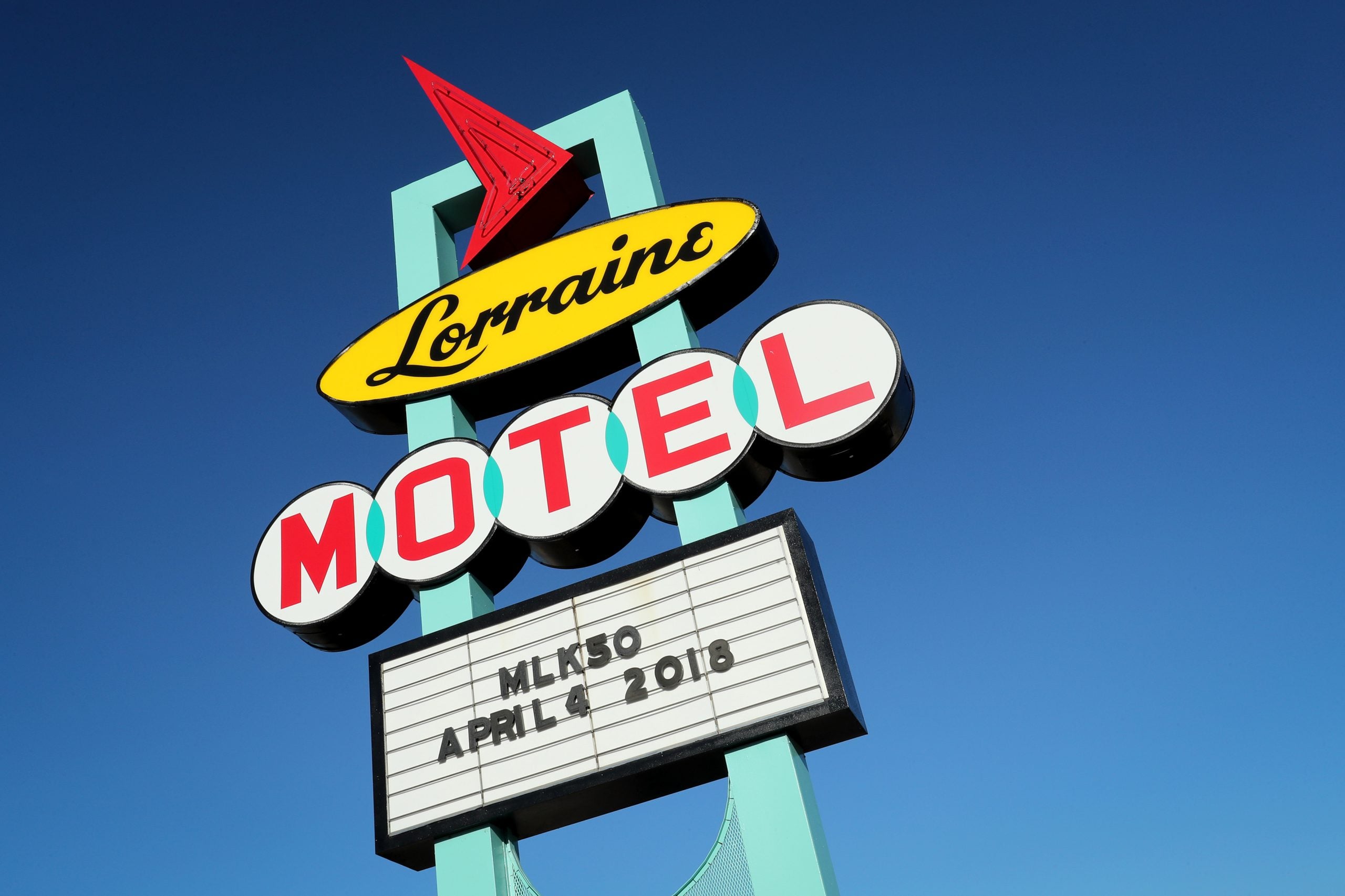My first night in Memphis I ordered the pasta. Reviews of Catherine & Mary’s, the Italian eatery located on the first floor of the city’s historic Hotel Chisca, steered me toward a dish worth every calorie and a very favorable OpenTable write-up. Though the downtown fixture was fairly new, it possessed a flair that screamed chic, sophisticated, and up-and-coming. Among the clientele at the bustling hotspot was a bevy of movers and shakers, my attention affixed to the D.C. transplant seated next to me.
Terri Lee Freeman at the time had been in Memphis for roughly three years, trading in the suburbs of Maryland and a job in the neighboring “Chocolate City,” for the much-welcomed charm of the mid-south. I was in Bluff City that January to get a sneak peek of the upcoming commemoration honoring 50 years since Martin Luther King Jr.’s fight for civil rights ended on the balcony of the Lorraine Motel. And as the president of the National Civil Rights Museum, Freeman joined a table of journalists to provide a historical context of King’s last days. It was the night before I’d receive a private tour of the historical site plagued by the events of its past, and an opportunity for me to pick Freeman’s brain about the man revered as one of the greatest civil rights leaders to ever live.
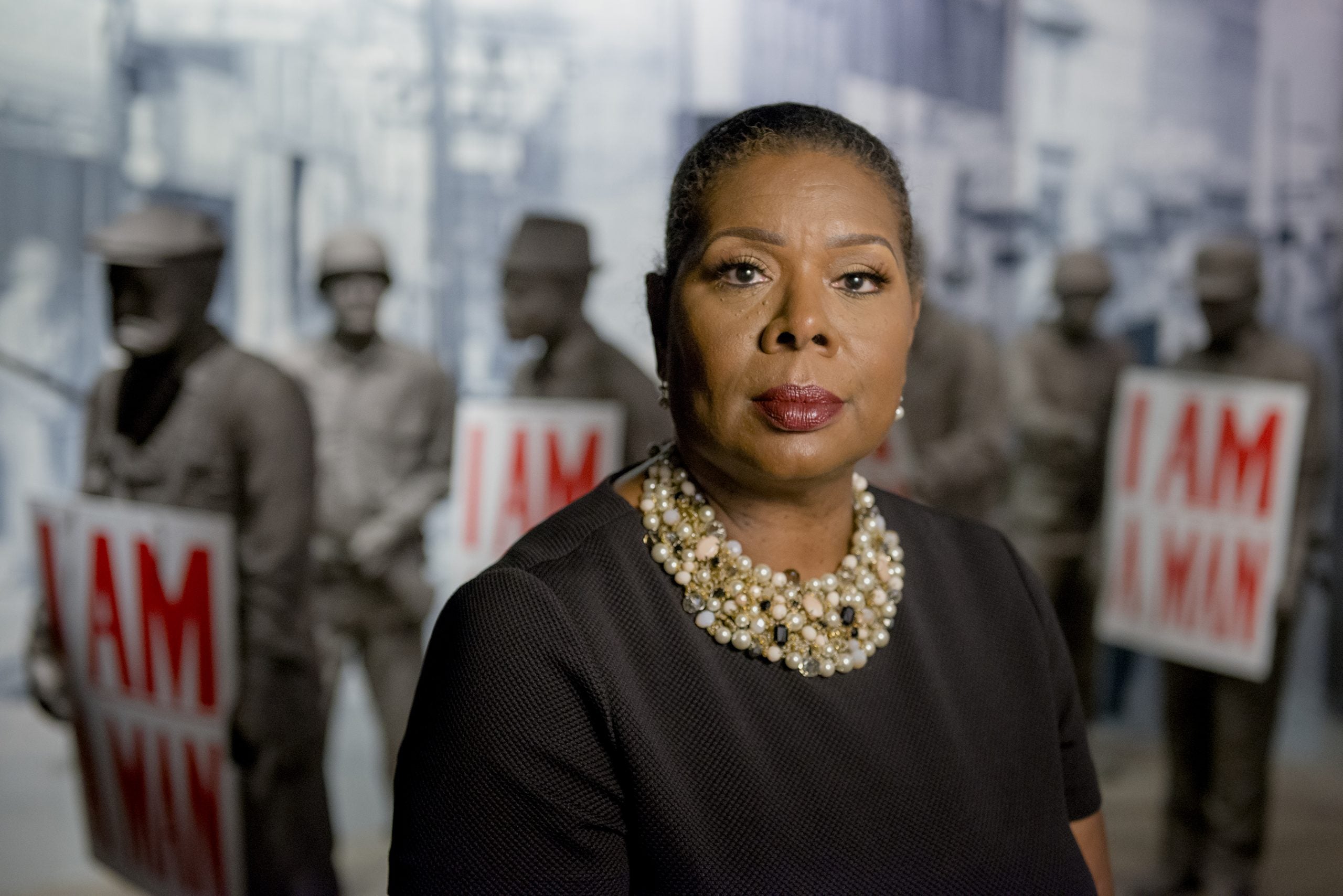
Freeman, for all intents and purposes, is the keeper of King’s legacy. For her, April 4 isn’t merely a blip on the yearly calendar. It’s at the root of her life’s work. She assumed the role after nearly two decades at The Community Foundation in the nation’s capital, and just a few short weeks before it was determined that the killers of St. Louis teen, Michael Brown, would not be indicted. “That was the beginning of my tenure here at the museum,” Freeman tells ESSENCE. “So since that time so much has happened in our community, including here in Memphis.”
Memphis, though in a state of “rebranding”, will likely always be afflicted by the events of its past. And part of Freeman’s job as the leader of the museum is to remind others that the city is so much more than that. In 2018 when the nation recognized half a century since King’s death, Freeman noted that it was not a celebration, but a commemoration of his life and legacy. The theme of MLK 50, “Where Do We Go from Here?” focused on looking into the future and figuring out how, as a community, we begin to tackle the issues that have been pervasive since King left.
Among the most pressing issues, Freeman contends, is eradicating poverty and addressing economic equity. “While there has been some progress,” Freeman says of the time elapsed between the Memphis Sanitation Workers Strike that brought King to the city and today, “the data shows that it hasn’t been significant enough.”
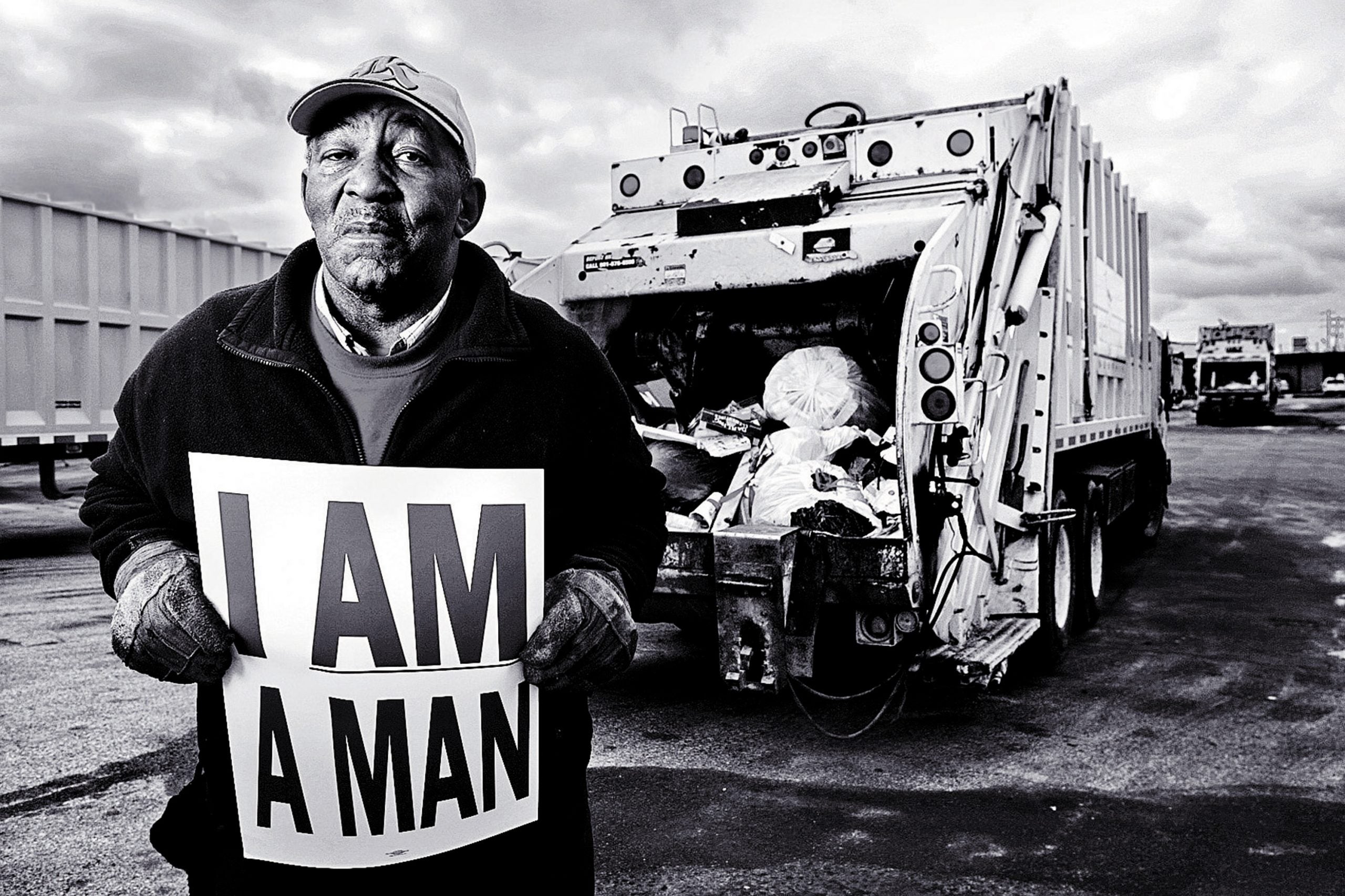
Another top-of-mind matter for the institution is criminal justice reform. Over the last two years the National Civil Rights Museum, with Terri Lee Freeman’s leadership, has focused on presenting the issues around criminal justice and the criminal justice system, and how it impacts the lives of everyday Black Americans. Working with partner organization, Just City, they continue to look at the inequitable conditions around bail and the expungement of criminal records.
“Our emphasis going forward is to be seen and viewed as a resource for academic leaders and a resource for students with regard to the mid-20th century Civil Rights Movement,” Freeman notes, “And to also be a place where scholarly research can be conducted based on historical documentation around issues of contemporary thought, if you will. So we want to really begin to more fully emphasize being able to utilize the information that is housed here to push forward the research and thought leadership, frankly, around social justice.”
A part of making that happen is building out its online research tools. Freeman explains that the museum is working to digitize all of their collections so that they can be better accessible. And they’re hoping that in the process it will introduce people to the museum who haven’t had an opportunity to visit. Freeman wholly acknowledges the fact that the National Civil Rights Museum is the unfortunate location where Dr. King was assassinated, but asserts that the museum is there and should be accessed, to fully understand its much broader story. “It takes people from Africans being brought to America and then enslaved, to the triumphs of the Civil Rights Movement up through the election of President Obama.”
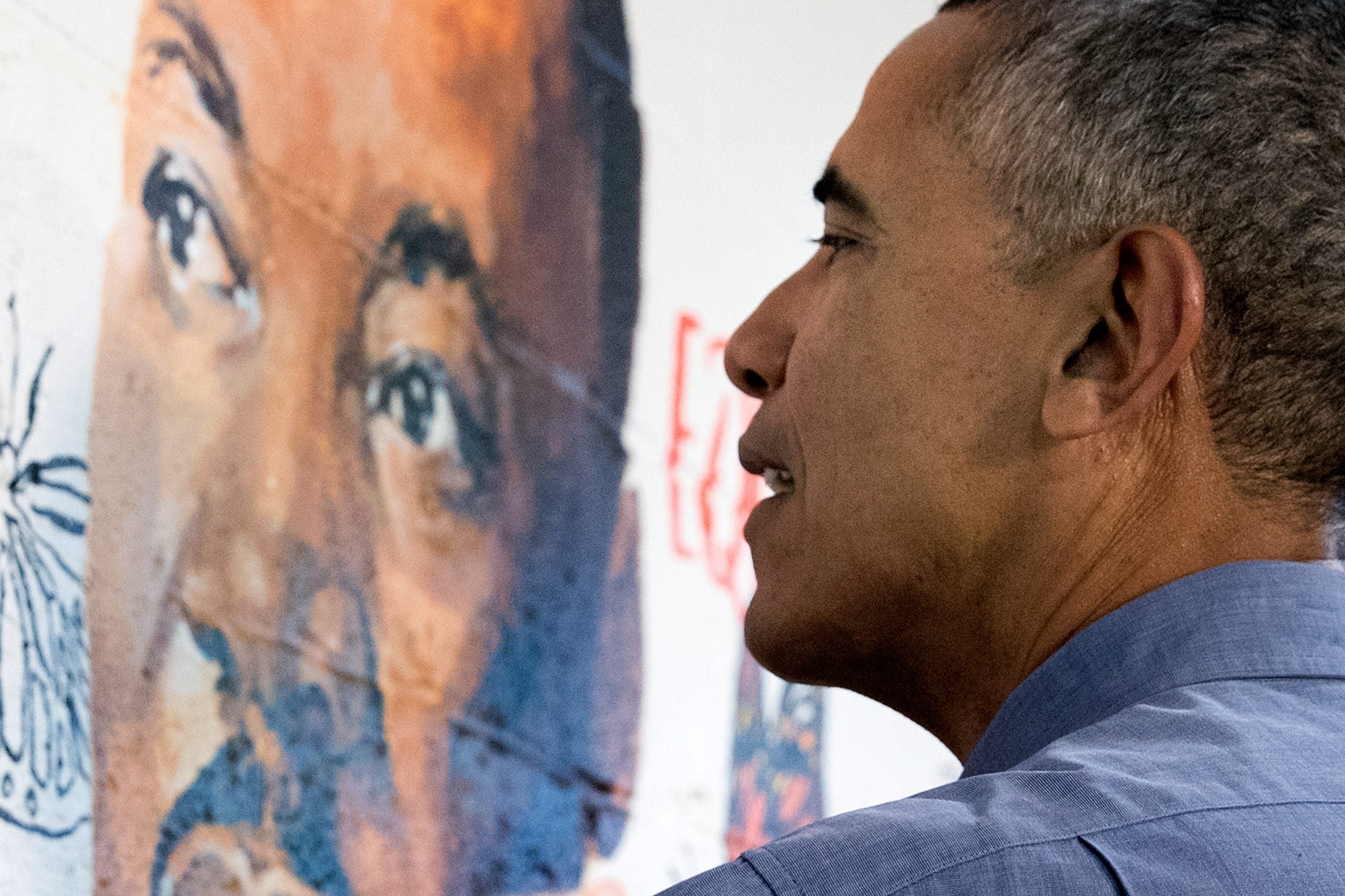
And while keeping King’s legacy alive is a career for Freeman, she also admits that there’s a level of intimacy that she feels at the helm. “I think that there’s the personal side of this,” Freeman says of her position as the president of the country’s most comprehensive structure dedicated to the Civil Rights Movement. “I believe all leaders should evaluate their role and position and energy that they are bringing to it on an annual basis. I think you have to ask the question, ‘Am I giving it my all? Am I giving it my best? Could I give it more?'” When Freeman left for Memphis to take on her new position, she did so sight unseen. “I just had this kind of visceral reaction to this place. Recognizing that it truly was hallowed ground. That something very special was happening in this place and could happen in this place.”
That “could” is what keeps her going every day. It’s what informs her decisions on programs and exhibitions. It’s what keeps her pressing for significant improvements in educational outcomes for our young people and pushing for ownership in the Black community. It’s what leaves her determined that we can achieve King’s dream.
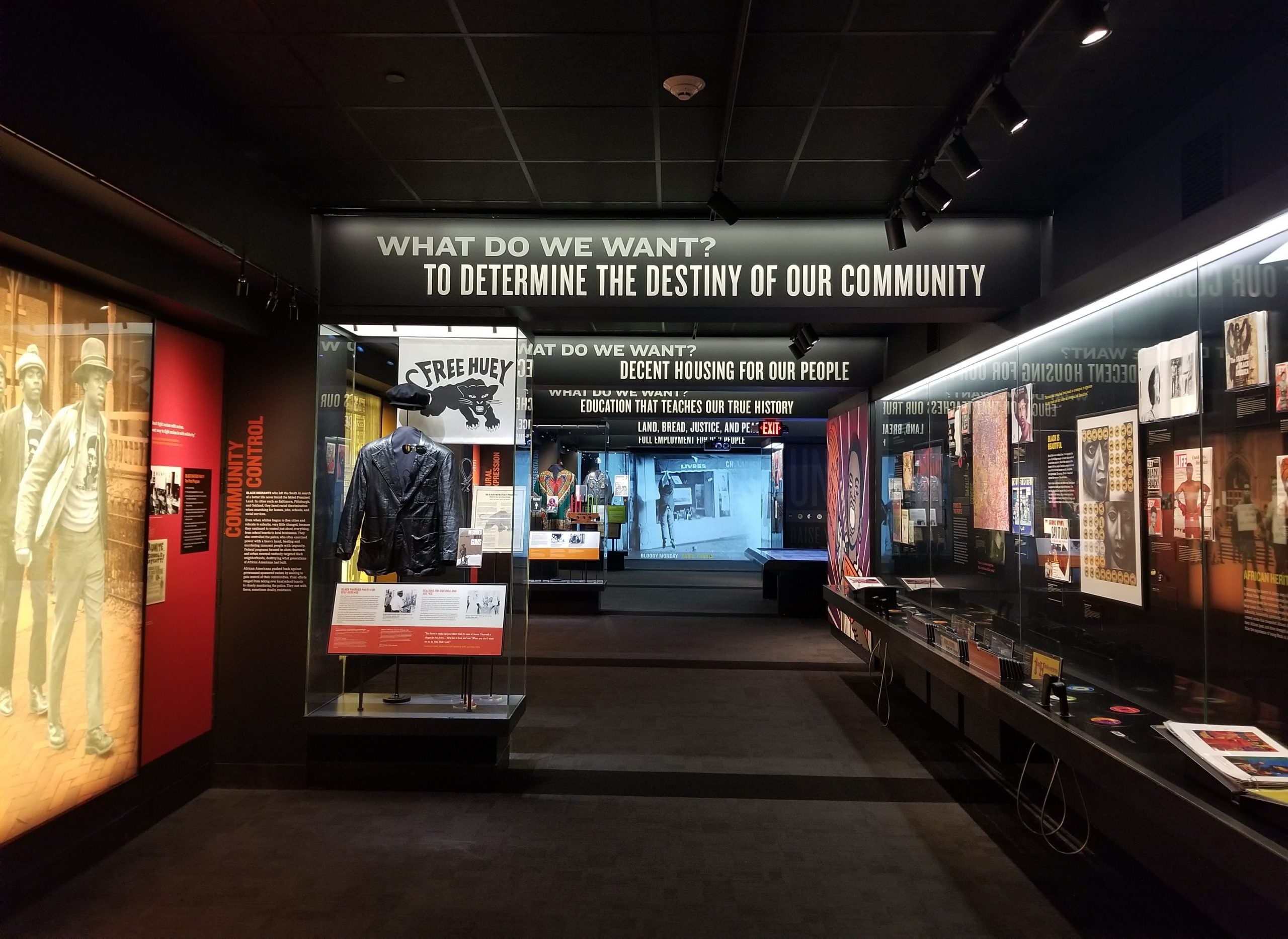
“I would hope that in the next 50 years some of what King came to Memphis for was actually resolved,” Freeman shares. “I would like to see poverty decrease, not increase. I would like to see wealth in communities of color increase. And I do think that happens not because anybody gives anybody anything, it happens because we make it and we create it and we own it.”
The National Civil Rights Museum at the Lorraine Motel will present a virtual commemoration in honor of Dr. Martin Luther King’s life and legacy on April 4, the 52nd anniversary of his death. Since the pandemic surge, the museum has retooled its original event to produce digital content and a virtual broadcast entitled, “Remembering MLK: The Man. The Movement. The Moment.” The program airs at 5:00pm Central Saturday, April 4, on the museum’s website, YouTube, Facebook, Livestream platforms.
